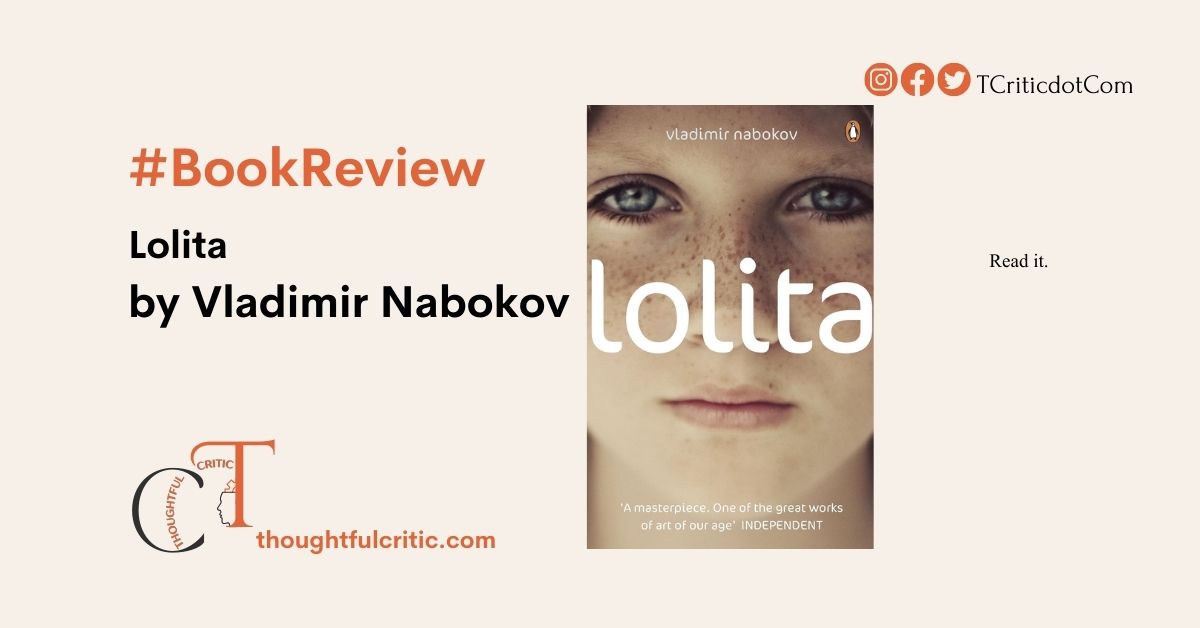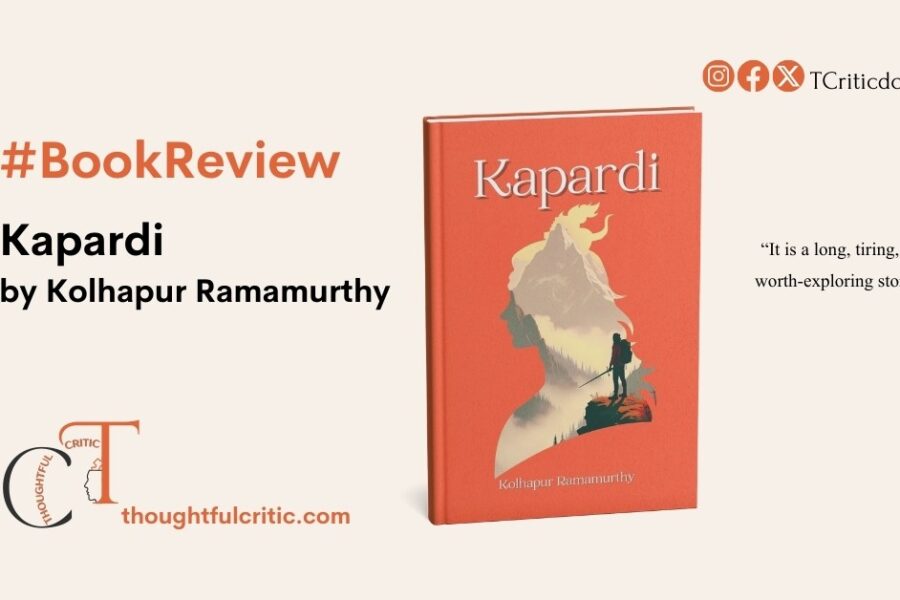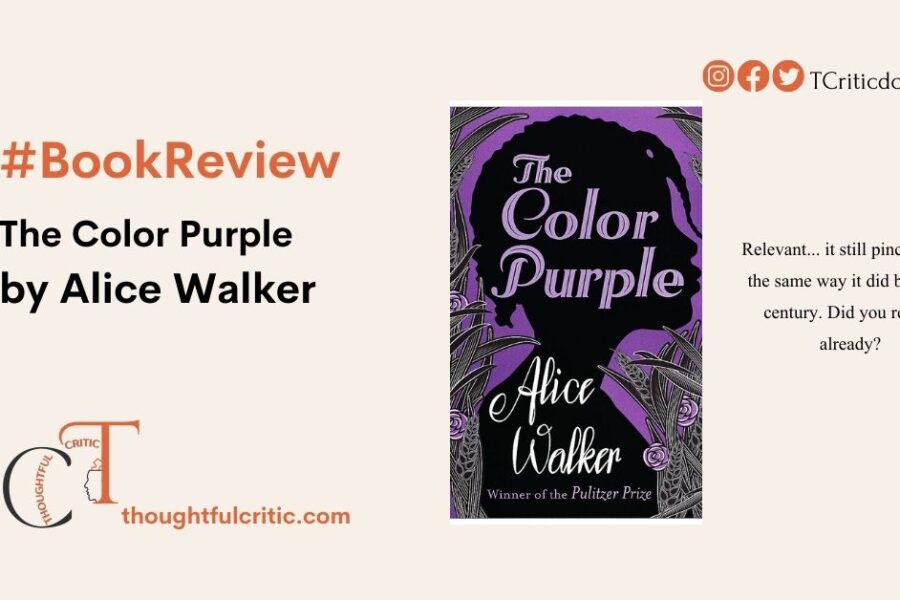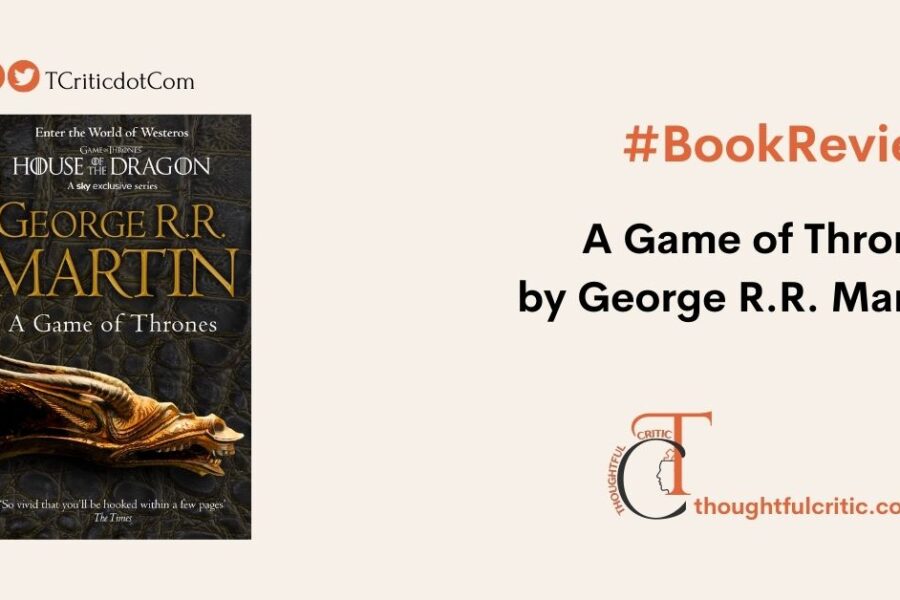Title: Lolita
Author: Vladimir Nabokov
Publication Date: 1955
Publisher: Olympia Press (first edition)
Genre: Novel, Psychological Fiction, Literary Fiction
Language: English
Pages: Approximately 319 pages (first edition)
Buy the book: Click here to buy from Amazon
Overview
“Lolita,” authored by Vladimir Nabokov and first published in 1955, is a novel that has provoked intense debate and diverse critical opinions since its release. The novel’s controversial subject matter revolves around the protagonist, Humbert Humbert, a middle-aged literature professor, and his obsession with Dolores Haze, a twelve-year-old girl whom he nicknames Lolita. This review aims to provide a detailed and comprehensive analysis of the various aspects of “Lolita,” considering its narrative style, themes, character development, and overall literary significance.
The story in Brief:
Humbert Humbert, a literature professor, becomes obsessed with nymphets, young girls who embody his ideal of beauty. He moves in with the widowed Charlotte Haze and her daughter, Dolores, whom he nicknames Lolita. Humbert marries Charlotte to be closer to Lolita, but when Charlotte discovers his secret, she dies in an accident. Humbert then embarks on a cross-country journey with Lolita, whom he sexually abuses under the guise of paternal love. The novel explores themes of obsession, manipulation, and the consequences of unchecked desire.
Narrative Style:
Nabokov employs a first-person narrative, allowing Humbert Humbert to serve as both the protagonist and unreliable narrator. This narrative choice is pivotal as it immerses the reader into Humbert’s psyche, revealing his manipulative and delusional thought processes. Nabokov’s prose is notable for its lyrical quality, rich with wordplay and intricate language, starkly contrasting the dark and disturbing content. This juxtaposition is a testament to Nabokov’s linguistic prowess and enhances the novel’s complexity.
Themes:
1. Obsession and Madness: At the heart of “Lolita” lies the theme of obsession, as Humbert’s fixation on Lolita drives the narrative. Nabokov explores the destructive nature of Humbert’s obsession, depicting how it consumes his life and leads to his eventual downfall. The novel delves into the blurred lines between love and obsession, challenging the reader to discern Humbert’s motivations and feelings.
2. Manipulation and Control: Humbert’s relationship with Lolita is marked by manipulation and control. He orchestrates situations to isolate her from others and ensure his dominance over her. This dynamic is critically portrayed through Humbert’s perspective, showcasing his rational justifications for his actions.
3. Innocence and Corruption: Lolita herself represents the loss of innocence, as Humbert’s actions lead to her psychological and emotional corruption. Nabokov subtly critiques societal attitudes towards innocence and how it can be exploited.
4. The Unreliable Narrator: Humbert’s unreliable narration forces readers to question the authenticity of his account. This theme challenges readers to engage with the text actively, interpreting events and character actions independently of Humbert’s biased and self-serving narrative.
Character Development:
Humbert Humbert: As the novel’s central character, Humbert is complex and multifaceted. Nabokov masterfully crafts him as a victim of his obsessions and a perpetrator of heinous acts. Humbert’s intelligence and charm are juxtaposed with his moral depravity, creating a character that evokes a range of emotions from the reader, including disgust, pity, and even, at times, begrudging empathy.
Dolores Haze (Lolita): Lolita is portrayed through Humbert’s eyes, which often skews the reader’s perception of her. Nabokov provides glimpses of her as a real child with her desires and emotions, yet Humbert’s dominating presence vastly overshadows her character. Readers must read between the lines to understand Lolita’s suffering and resilience.
Supporting Characters: Characters such as Charlotte Haze, Lolita’s mother, and Clare Quilty, Humbert’s rival, add depth to the narrative. Charlotte’s infatuation with Humbert and Quilty’s parallel obsession with Lolita highlight different facets of Humbert’s character and further the novel’s exploration of obsession and control.
Literary Significance:
“Lolita” is a landmark in literary fiction, not only for its provocative subject matter but also for its innovative narrative techniques and linguistic brilliance. Nabokov’s ability to craft a repellent and compelling story is a testament to his writing skills. The novel challenges readers to confront uncomfortable truths about human nature and societal norms, making it a significant work in the canon of 20th-century literature.
Critical Analysis:
While “Lolita” is undeniably a literary masterpiece, its reception has been polarising. Critics have lauded Nabokov for his exquisite prose and psychological depth, while others have condemned the novel for its subject matter, accusing it of glorifying or trivialising child abuse. However, a nuanced reading reveals that Nabokov’s intent was not to endorse Humbert’s actions but to explore the complexities of human desire and the moral ambiguities that accompany it.
The novel’s structure, with its foreword by a fictitious psychologist, adds another layer of meta-narrative, inviting readers to question the boundaries between fiction and reality. Nabokov’s meticulous attention to detail and his use of intertextual references enrich the text, offering layers of meaning for those who delve deeper into its pages.
The narrative perspective in “Lolita,” delivered through the lens of Humbert Humbert, significantly influences the novel’s development and readers’ interpretation of events. Humbert, both protagonist and unreliable narrator, filters the story through his self-serving biases and justifications, often portraying himself as more sympathetic while downplaying the severity of his actions. This narrative technique complicates the reader’s ability to discern the truth, as Humbert’s articulate and persuasive prose masks the grotesque nature of his obsession and manipulation. His constant rationalisation attempts to frame his predatory behaviour as a tragic, unrequited love story serve to obscure the reality of Lolita’s suffering and victimisation. As a result, readers are challenged to read between the lines and recognise the underlying horror of Humbert’s actions, which Nabokov subtly and masterfully exposes. The dissonance between Humbert’s charming, erudite exterior and his depraved internal motives creates a disturbing tension, forcing readers to grapple with the complexities of narrative reliability and the moral ambiguities presented by the novel. This layered narrative approach deepens the psychological intrigue and critically engages readers in the active deconstruction of Humbert’s deceitful storytelling.
Appreciation for the Author:
Vladimir Nabokov’s “Lolita” is a testament to his extraordinary literary talent, as he adeptly crafts a narrative that fascinates and repulses. Through Humbert Humbert’s perspective, Nabokov challenges his readers to navigate a morally complex and emotionally charged story, where the narrator’s eloquence and sophistication provocatively blur the lines between right and wrong. Nabokov does not shy away from the darkness of Humbert’s obsession; instead, he uses it to showcase his skill in character development and psychological depth. The brilliance of Nabokov’s writing lies in his ability to elicit a range of emotions from the reader, compelling them to confront the unsettling realities of Humbert’s actions while being captivated by the beauty of the prose. His narrative technique does not merely mask the sinister intentions of the protagonist but instead immerses the reader in a multifaceted exploration of human desire and moral ambiguity. The vivid and meticulous descriptions, the clever use of wordplay, and the intricate construction of the storyline exemplify Nabokov’s mastery of the craft. Despite the contentious nature of the novel’s content, Nabokov’s execution is undeniably immaculate, demonstrating his unparalleled ability to challenge, provoke, and engage his audience through a complex and beautifully written narrative.
Conclusion:
In conclusion, Vladimir Nabokov’s “Lolita” novel defies simple categorisation. Its exploration of taboo subjects and extraordinary linguistic artistry make it a compelling and challenging read. The book remains a subject of intense academic and critical debate, illustrating its enduring impact on literature and culture. Despite its controversial nature, “Lolita” is a profound exploration of obsession, manipulation, and the dark recesses of the human psyche, cementing Nabokov’s legacy as one of the most brilliant and provocative writers of the 20th century.
Review by Adarsh for Thoughtful Critic
Interested in more controversial books? Here is a complete list waiting for you – Controversial Books You Must Read
Lolita by Vladimir Nabokov Book Review
-
Thoughtful Critical Rating
Summary
The writing is excellent! Nabokov challenges readers with a hiatus between what they read and think. You can debate morality, ethics, and sanctity all the remaining days of your life. However, reading this will be an experience you will not forget.




